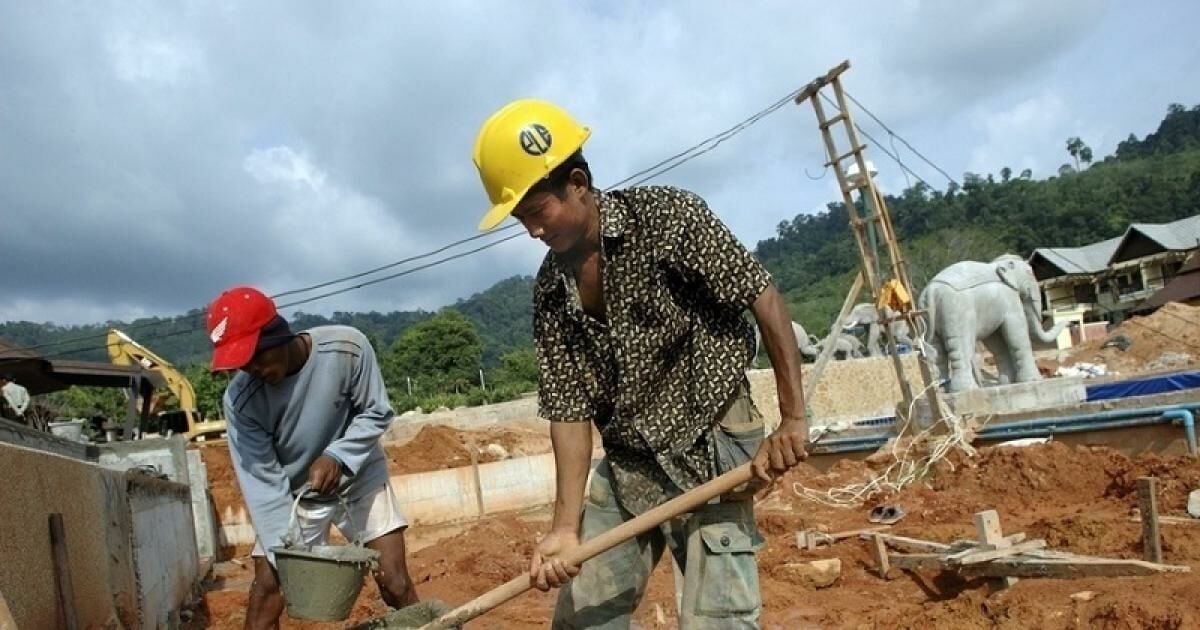Thai government boosts welfare benefits for workers

Government spokesperson Chai Wacharonke indicated that the Thai government is committed to improving welfare benefits to enhance the quality of life for all workers in the country. This commitment follows a recent roll-out of new regulations aimed at supporting the needs of the informal workforce, a significant demographic in Thailand.
“The government is determined to push for regulations that will give workers more protection, because we realise that each worker is a driver of economic development.”
The new rules, published in the Royal Gazette on April 30, mandate that the working hours of a domestic worker should not exceed eight hours daily. Additionally, each worker is entitled to a minimum of an hour’s break and at least three days of personal leave.
Maternity leave extends up to 98 days, with 45 days being paid. Pregnant workers are protected from employment termination due to pregnancy and cannot be forced to work overtime or between the hours of 10pm and 6am.
Domestic workers are guaranteed a minimum wage and employers are prohibited from deducting wages on holidays. If minors are employed, the authorities must be informed. These underage workers are also entitled to a paid 30-day training course.
In a separate development, Labour Minister Phiphat Ratchakitprakarn assembled a working group to explore new opportunities for workers in the informal sector, as detailed by Labour Ministry spokesperson Phumphat Muanchan. Phumphat, who leads this group, stated that approximately 20 million people, including farmers, street vendors, subcontracted workers, taxi drivers, and delivery service riders, are employed as informal workers.
The Labour Ministry plans to propose a bill aimed at providing more protection to workers in the informal sector in response to the evolving economic environment. This bill will provide a clear definition of an informal worker, promote skill development and accreditation, protect the right to unionise, and establish a fund for financial support among other protective measures for informal workers, said Phumphat.
“It’s also our job to take care of this group.”
Latest Thailand News
Follow The Thaiger on Google News:


























